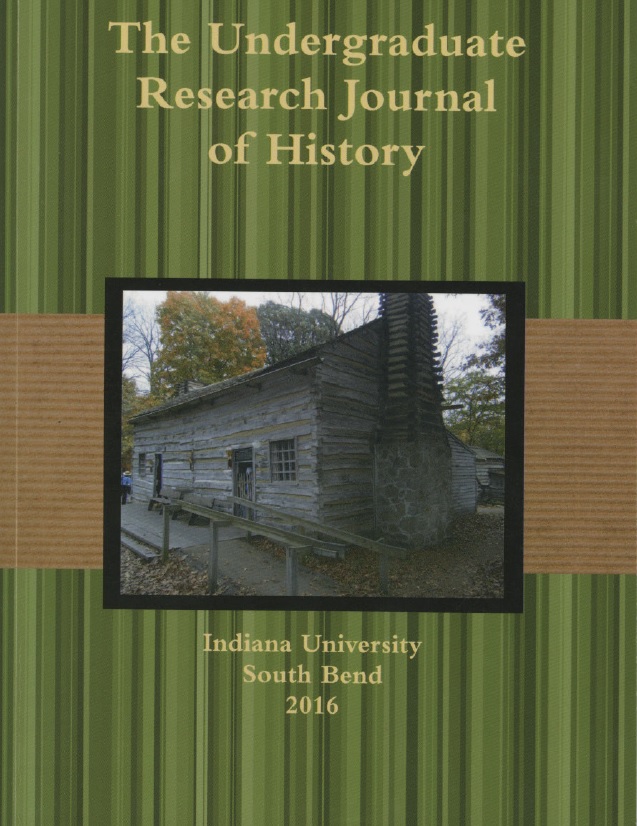McCarthy Versus Acheson: Opportunism Versus Integrity
Main Article Content
Abstract
"My Dear President Truman," wrote Mrs. G. C. Hemphill. "Last
night I listened to a speech by Senator Joseph McCarthy. Senator
McCarthy gave proof that our Ambassador At Large, Philip Jessup, has
communistic tendencies." Undoubtedly, not for the first time, President
Truman was hearing from a constituent about one of the most newsworthy
names of the early 1950s, Joseph R. McCarthy, freshman
United Stated senator from Wisconsin. McCarthy had many supporters,
and Mrs. Hemphill was one of the Americans who trusted him. She
continued her letter, "Mr. Truman, regardless of what your feelings are
toward Mr. McCarthy, you must admit the man is trying to weed out
the communists in our government and you should give him credit, as
he knows what he is talking about." Other Americans shared Mrs.
Hemphill' s fears about communists in the government. J. Edgar Hoover,
head of the Federal Bureau of Investigation, was among
McCarthy's champions, and journalist William A. Nolen quoted Hoover's
assessment: "He is earnest. He is sincere. Whenever you attack
subversives of any kind you are going to be the victim of the most extremely vicious criticism that can be made."106 Senator McCarthy's
pronouncements and accusations regarding rampant communist sympathizers in high places dominated the news of the early Cold War
years. Most significant were his accusations against the State Department
and Dean G. Acheson .
night I listened to a speech by Senator Joseph McCarthy. Senator
McCarthy gave proof that our Ambassador At Large, Philip Jessup, has
communistic tendencies." Undoubtedly, not for the first time, President
Truman was hearing from a constituent about one of the most newsworthy
names of the early 1950s, Joseph R. McCarthy, freshman
United Stated senator from Wisconsin. McCarthy had many supporters,
and Mrs. Hemphill was one of the Americans who trusted him. She
continued her letter, "Mr. Truman, regardless of what your feelings are
toward Mr. McCarthy, you must admit the man is trying to weed out
the communists in our government and you should give him credit, as
he knows what he is talking about." Other Americans shared Mrs.
Hemphill' s fears about communists in the government. J. Edgar Hoover,
head of the Federal Bureau of Investigation, was among
McCarthy's champions, and journalist William A. Nolen quoted Hoover's
assessment: "He is earnest. He is sincere. Whenever you attack
subversives of any kind you are going to be the victim of the most extremely vicious criticism that can be made."106 Senator McCarthy's
pronouncements and accusations regarding rampant communist sympathizers in high places dominated the news of the early Cold War
years. Most significant were his accusations against the State Department
and Dean G. Acheson .
Downloads
Download data is not yet available.
Article Details
Section
Articles
